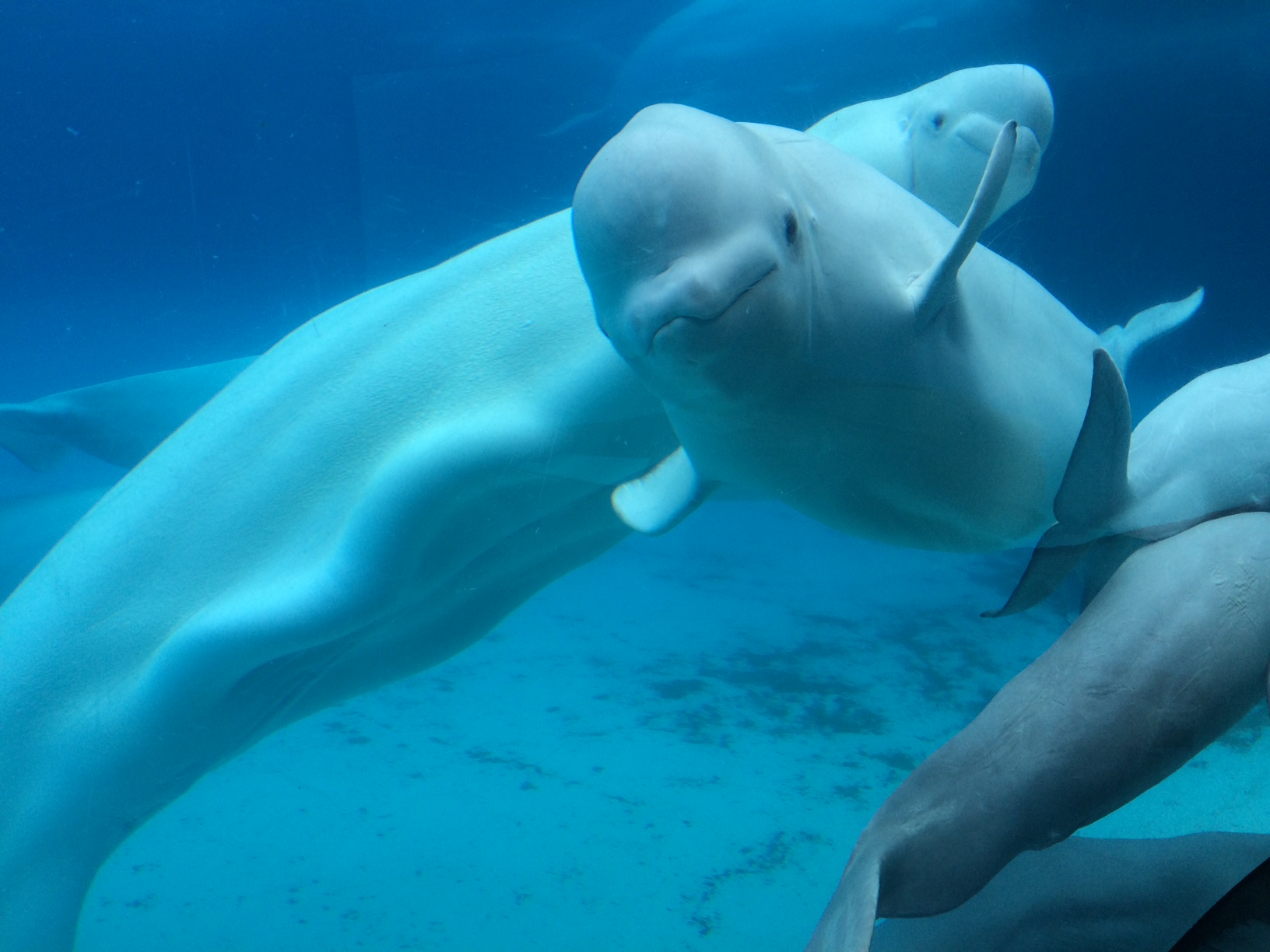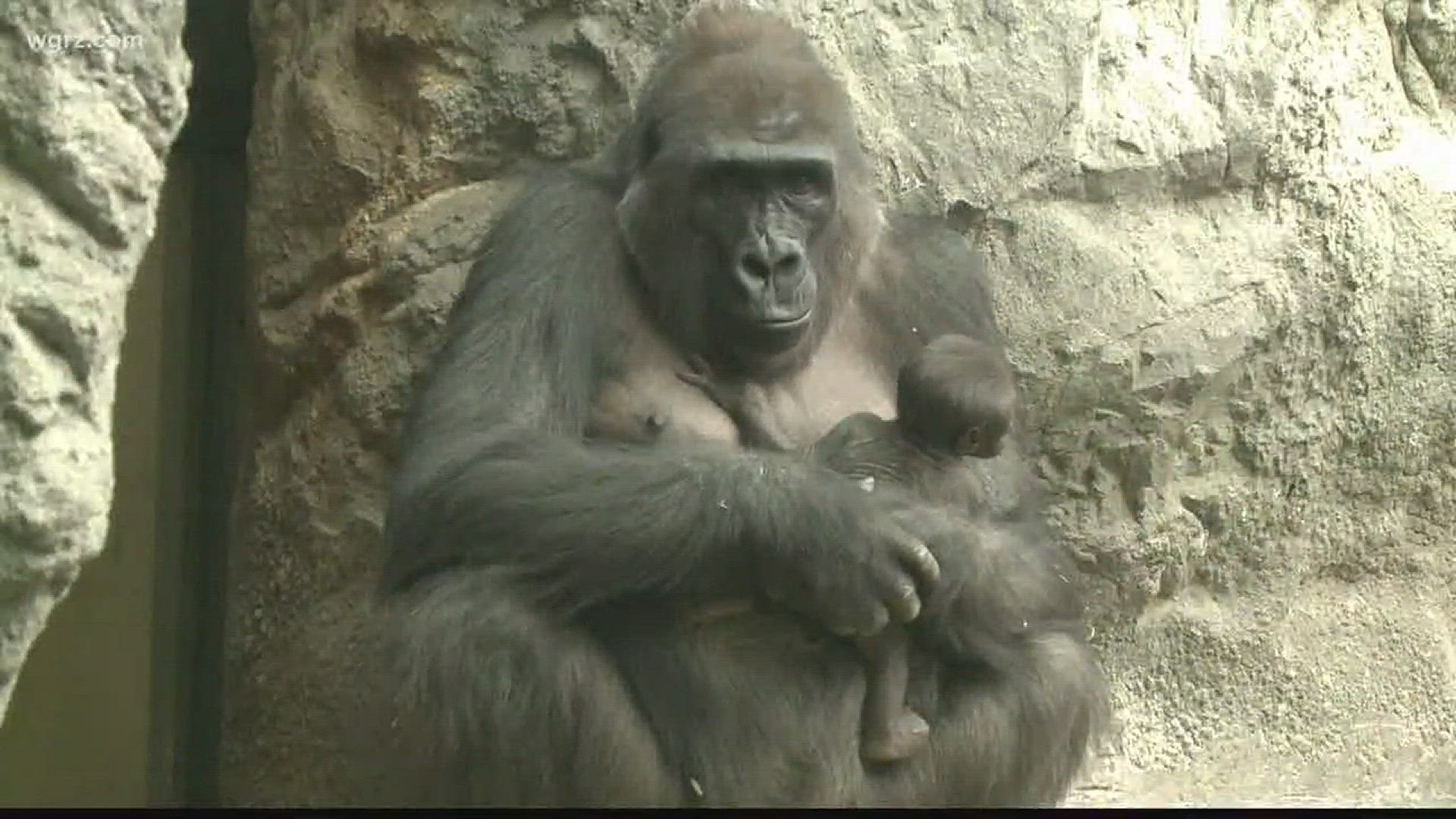In our human arrogance, we, in the modern world, have labored under the false belief that we are the only creatures on Earth to communicate intelligently, but there is much research that now shows us that many animals do communicate, and do so with intelligent intent.
To many older cultures, Native peoples, for example, this knowledge is nothing new.
"It's ancient knowledge. Anyone who's grown up living with the land, living alongside farm animals, companion animals, they're not surprised by all of these experiments coming out, confirming scientifically animal communication. It's something that we've always known, we've always seen," explains Tanya Lowe of Hawk Creek Wildlife Center in East Aurora.
Primates communicate with a very complex system which includes sound, scent, and body language. Elephants use very low frequency sounds that can travel for miles.

Whales and dolphins communicate through sophisticated acoustic signals that are beyond the frequency that humans are able to hear.
Lowe says birds also have a complex communication system, and all of these are critical to their survival.
"Harris hawks, they are a Southwest desert species that function just like a pack of wolves. They have to communicate because they set up traps for prey. They take turns chasing prey. They'll all stack on top of each other so the highest bird has a better vantage point when they're hunting and isn't wasting energy flying around. And then you'll see all these birds hop off the cactus and rearrange in a different order. There has to be coordination for that," said Lowe.
Bob Andrews is the founder of "Wolftalkers." He has been doing research on wolf communication in North America for four decades. He has been able to decipher their language and is able to actually call to them and get responses on levels both vocal and physical.
Not only does he believe that wolves have intellect in their vocalizations, but he has found that there are different dialects between individual packs as well.
"Because I had this ability to hear and call wolves, I realized there was a language. So we thought this is important to the scientific community, and I'm a little reluctant to say language. There's a hierarchy of communication that requires intellect," said Andrews.
So where does this knowledge leave the human animal?
Perhaps we will need to change our view of the animal kingdom to discard our arrogance and finally accept that we are all part of Mother Earth.
"I think that attitude comes because we put ourselves way high on the pedestal, right on the chain, the hierarchy. We put ourselves at the top," says Andrews.
"I think that a lot of it comes down to everybody taking the time to stop, reflect on the world as a much bigger picture than ourselves," Lowe adds.

